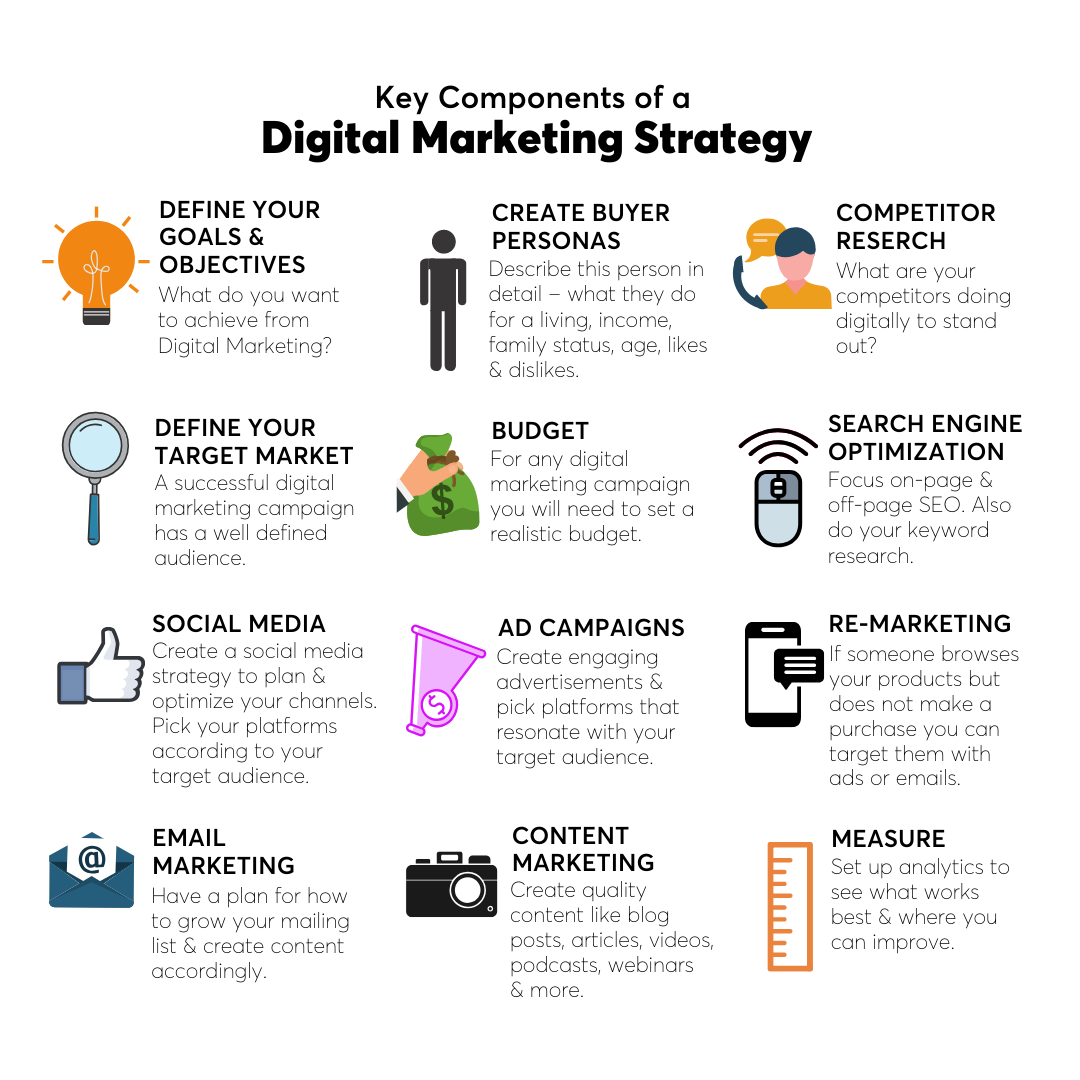Digital marketing strategies have become the cornerstone of business success in today’s increasingly digital world. Gone are the days of relying solely on traditional advertising; consumers now expect seamless, personalized experiences across multiple platforms. Understanding and implementing effective digital marketing strategies is no longer optional; it’s a necessity for businesses of all sizes to thrive. This article will delve into the core principles of digital marketing, providing a comprehensive overview of the most effective approaches and actionable insights. At the heart of it all lies the concept of strategic planning – a well-defined approach that aligns your marketing efforts with your business goals. Let’s explore how to build a robust digital marketing strategy that delivers real results.
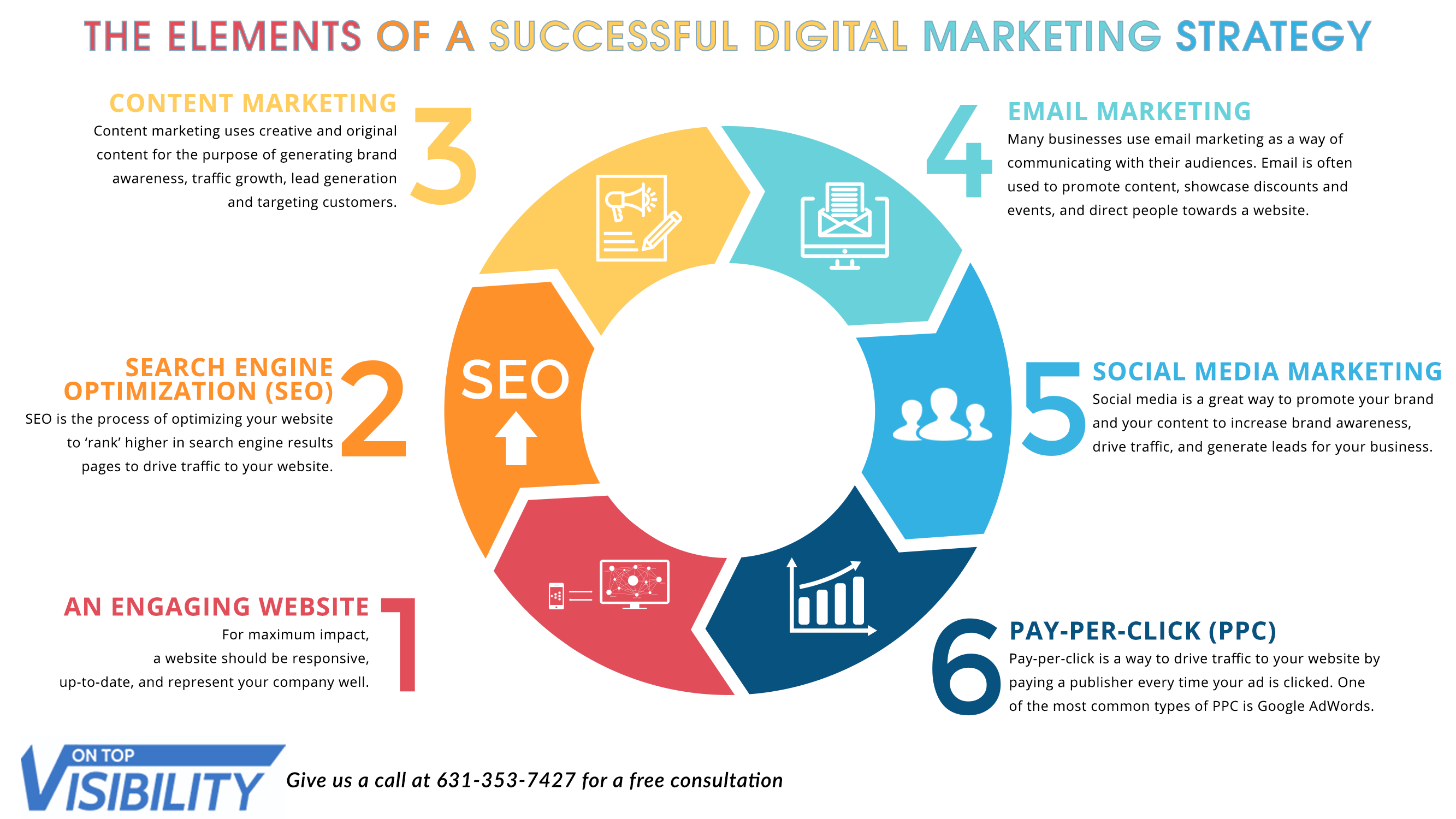
Understanding the Landscape of Digital Marketing

The digital marketing landscape is vast and constantly evolving. It’s not simply about using social media; it’s about a holistic approach encompassing various channels and tactics. The key to success lies in understanding your target audience – who are they? What are their needs and preferences? What platforms do they frequent? A deep understanding of your audience is the foundation upon which all successful digital marketing strategies are built. Furthermore, it’s crucial to continually analyze your performance data – what’s working? What’s not? This iterative process of testing, learning, and optimization is essential for maximizing your return on investment. The rise of data analytics has made this process significantly easier, allowing marketers to track key metrics and gain valuable insights into consumer behavior. Ignoring these fundamental aspects will inevitably lead to wasted resources and missed opportunities.
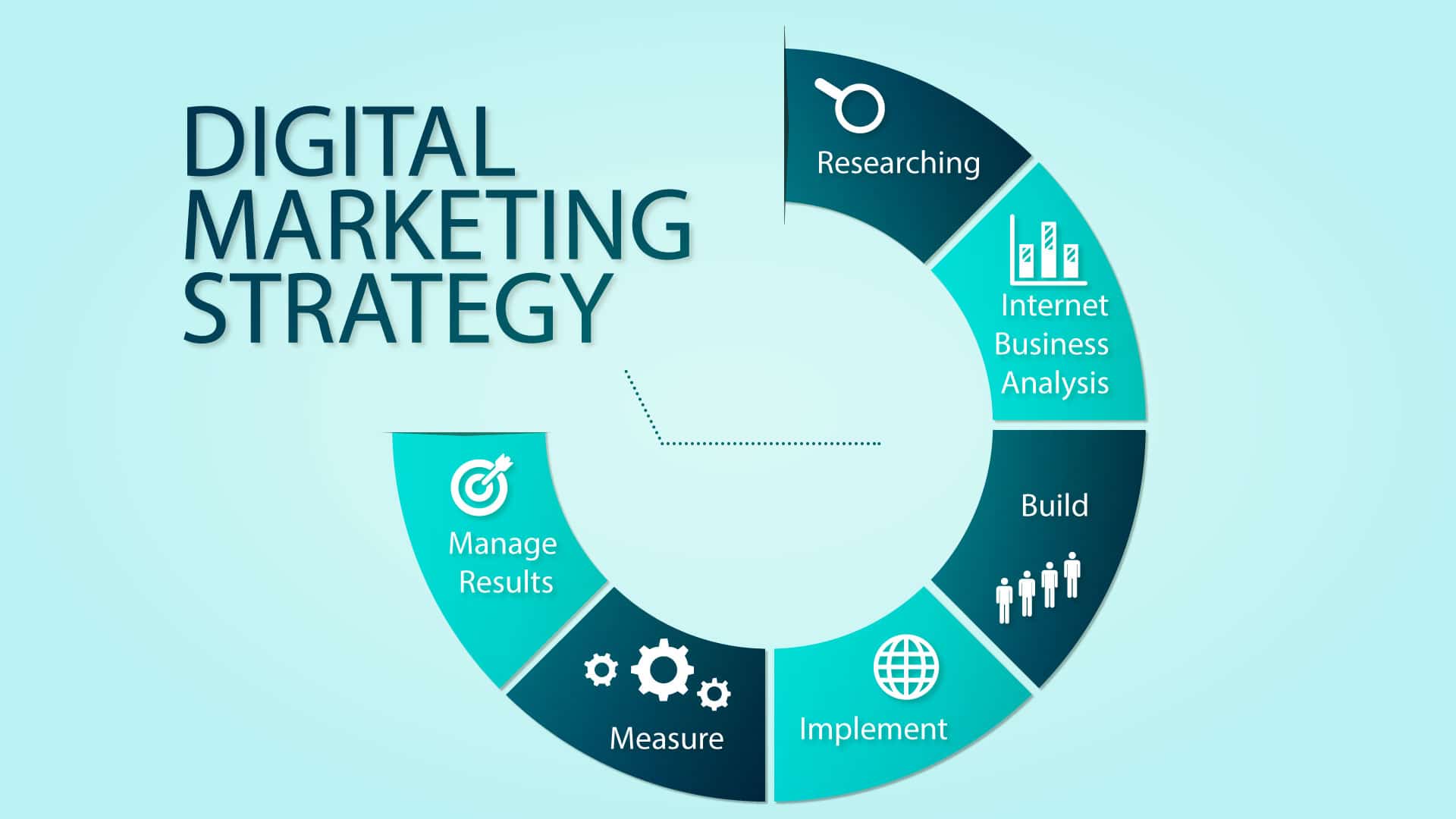
Search Engine Optimization (SEO) – The Foundation of Digital Marketing
Search Engine Optimization (SEO) is arguably the most critical element of any successful digital marketing strategy. It’s the process of optimizing your website and content to rank higher in search engine results pages (SERPs) like Google. When someone searches for a particular keyword, your website’s ranking in those results directly impacts your visibility and potential customers. SEO encompasses a wide range of techniques, including keyword research, on-page optimization (optimizing your website content and structure for relevant keywords), off-page optimization (building backlinks from reputable websites), and technical SEO (improving your website’s speed and mobile-friendliness). Digital marketing strategies inherently rely on SEO to drive organic traffic to your website. Without a strong SEO foundation, your efforts will be significantly hampered. Investing in SEO is an investment in the long-term growth of your business.

Social Media Marketing – Building Brand Awareness and Engagement
Social media marketing has revolutionized the way businesses connect with their audiences. Platforms like Facebook, Instagram, Twitter, LinkedIn, and TikTok offer unparalleled opportunities to build brand awareness, engage with customers, and drive sales. However, simply having a presence on social media isn’t enough. Effective social media marketing requires a strategic approach. It’s about creating engaging content that resonates with your target audience, building a community around your brand, and utilizing targeted advertising to reach specific demographics. Digital marketing strategies often involve a combination of organic content (posts, stories, videos) and paid advertising. Understanding the nuances of each platform – what type of content performs best, what’s trending, and what’s appropriate for your brand – is crucial for success. Furthermore, consistent monitoring and engagement are key to maintaining a strong online presence.
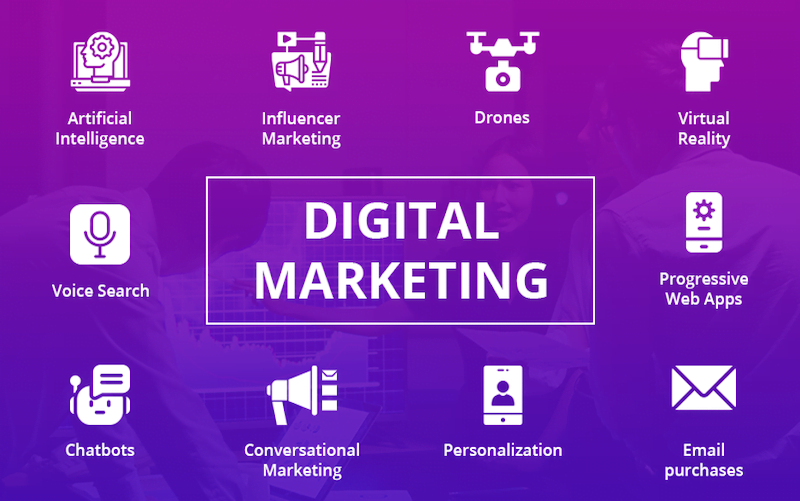
Content Marketing – Providing Value and Establishing Authority
Content marketing is a strategic approach to creating and distributing valuable, relevant, and consistent content to attract and retain a clearly defined audience. It’s about providing solutions to your audience’s problems, answering their questions, and entertaining them. This can take many forms, including blog posts, articles, infographics, videos, podcasts, ebooks, and webinars. Digital marketing strategies heavily rely on content marketing to establish your brand as an authority in your industry. By consistently creating high-quality content, you can attract potential customers, build trust, and ultimately drive conversions. A well-defined content calendar is essential for ensuring a steady stream of valuable content. Analyzing content performance – tracking metrics like page views, engagement, and lead generation – allows you to refine your content strategy and maximize its impact.

Email Marketing – Nurturing Leads and Driving Conversions
Email marketing remains one of the most effective digital marketing channels. It’s a direct and personalized way to communicate with your audience, nurture leads, and drive conversions. Building an email list is a crucial first step. You can collect email addresses through website forms, lead magnets (free resources), and social media promotions. Once you have an email list, you can send targeted emails based on subscriber interests and behavior. Digital marketing strategies often utilize email marketing automation to streamline the process and deliver personalized messages. Segmentation – dividing your email list into smaller groups based on demographics, interests, or purchase history – allows you to send more relevant and effective emails. A/B testing – testing different email subject lines, content, and calls to action – is essential for optimizing your email campaigns.
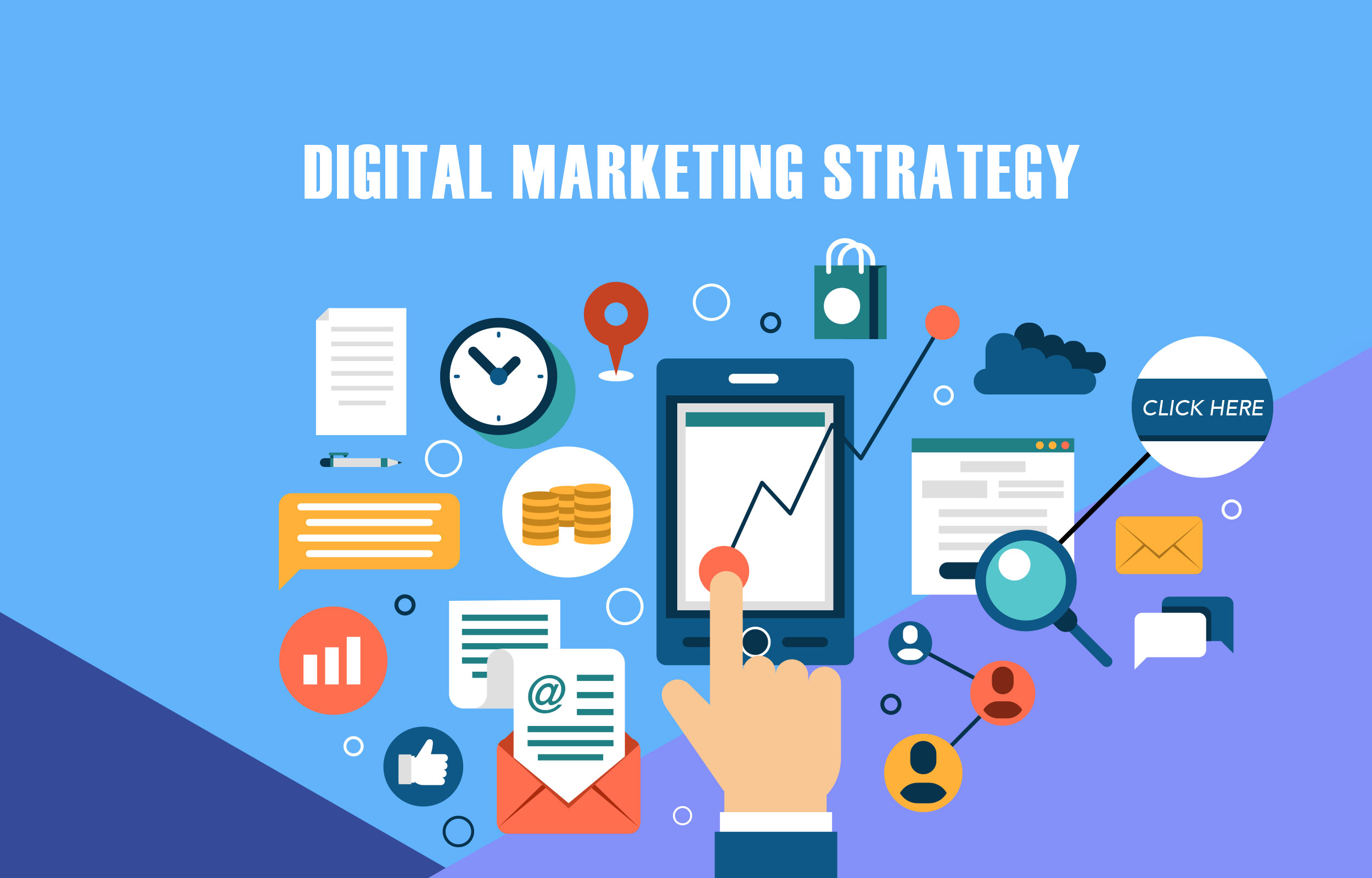
Paid Advertising – Amplifying Your Reach
Paid advertising, such as Google Ads and social media advertising, allows you to reach a wider audience and drive targeted traffic to your website. These platforms offer powerful targeting options, allowing you to reach specific demographics, interests, and behaviors. Digital marketing strategies often involve a combination of paid advertising campaigns across multiple platforms. Careful budgeting, keyword selection, and ad copy optimization are essential for maximizing your return on investment. Tracking key metrics like click-through rates (CTR), conversion rates, and cost per acquisition (CPA) is crucial for evaluating the effectiveness of your paid advertising campaigns. Regularly monitoring and adjusting your campaigns based on performance data is vital for achieving your marketing goals.
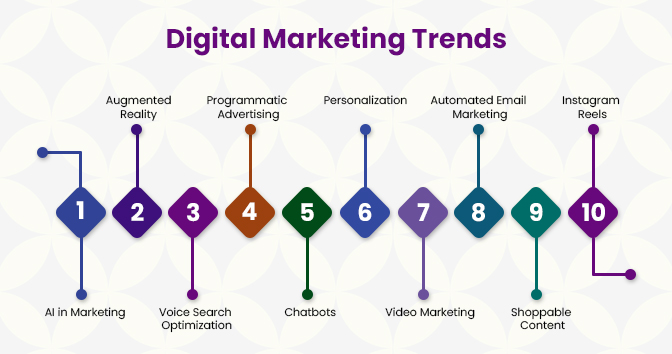
Measuring and Analyzing Digital Marketing Performance
Ultimately, the success of any digital marketing strategy depends on the ability to measure and analyze performance. Key metrics to track include website traffic, conversion rates, lead generation, customer acquisition cost (CAC), and return on ad spend (ROAS). Using analytics tools like Google Analytics, social media analytics dashboards, and email marketing analytics platforms, you can gain valuable insights into how your marketing efforts are performing. Regularly reviewing these metrics allows you to identify areas for improvement and optimize your strategy accordingly. Data-driven decision-making is the key to long-term success in the dynamic world of digital marketing.

Conclusion
Digital marketing strategies are complex and require a multifaceted approach. From understanding your audience to optimizing your website and leveraging various channels, a well-defined strategy is essential for achieving your business goals. By embracing the principles outlined in this article, you can build a robust digital marketing strategy that drives traffic, generates leads, and ultimately boosts your bottom line. Remember that digital marketing is an ongoing process of experimentation, learning, and adaptation. Continuously analyze your results, refine your approach, and stay ahead of the curve to remain competitive in the ever-evolving digital landscape. The key to success lies in a commitment to data-driven decision-making and a willingness to adapt to changing trends. Investing in the right digital marketing strategies is an investment in the future of your business.
